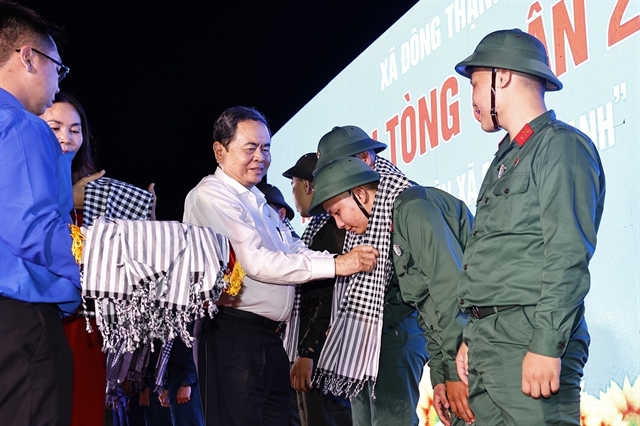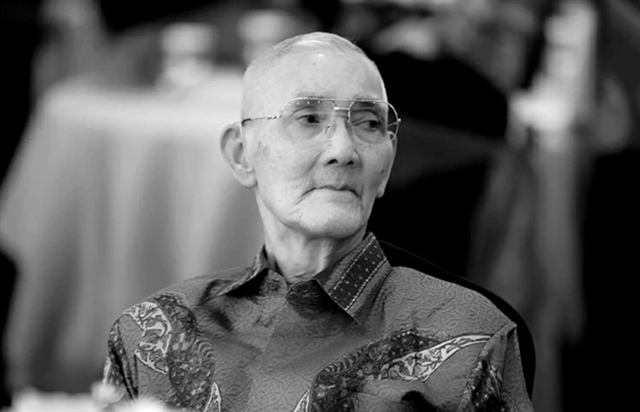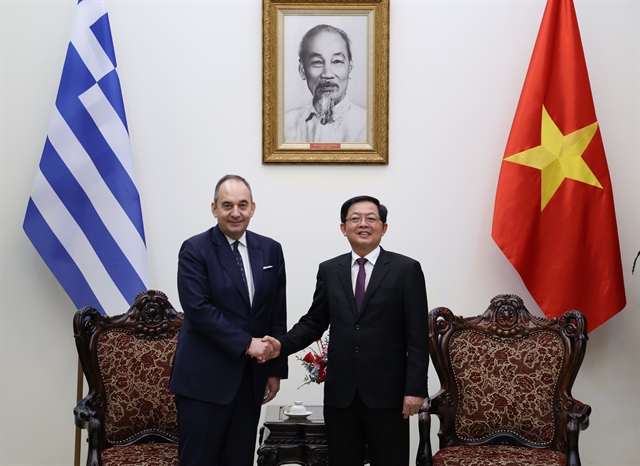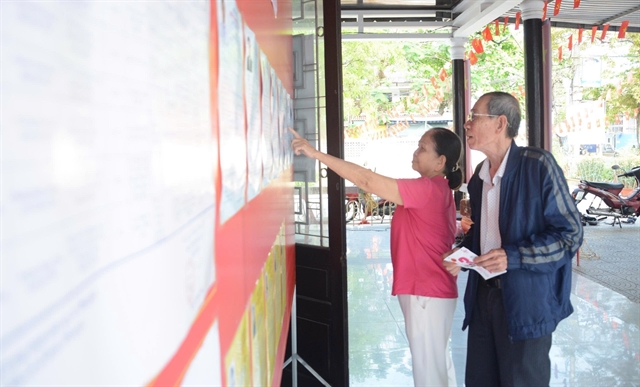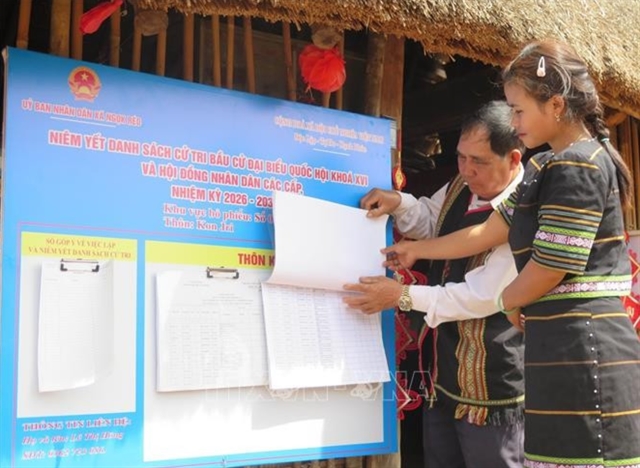 Opinion
Opinion
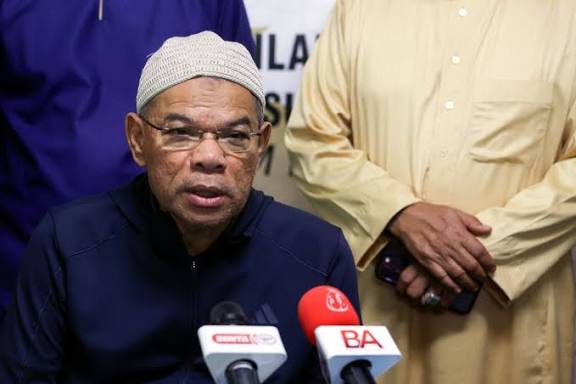
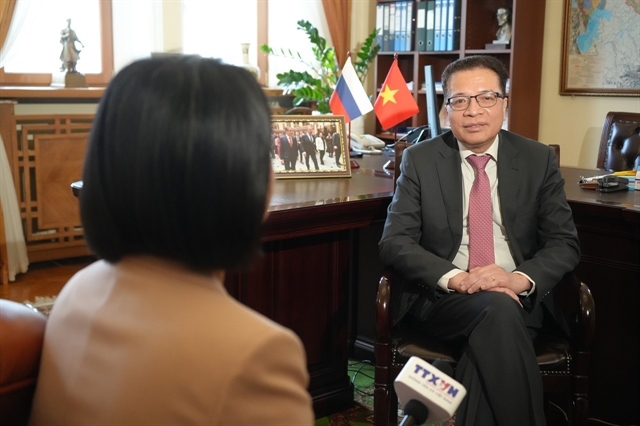 |
| Vietnamese Ambassador to Russia Đặng Minh Khôi in the interview with Vietnam News Agency. — VNA/VNS Photo |
MOSCOW — The official visit to Russia by Party General Secretary Tô Lâm and a high-ranking Vietnamese delegation takes place at a historic and highly symbolic moment, bearing profound significance, Vietnamese Ambassador to Russia Đặng Minh Khôi told the Vietnam News Agency on the threshold of the trip.
Russia is the third stop on the Party leader’s tour of four nations, which also includes Kazakhstan, Azerbaijan, and Belarus, from May 5–12.
According to Ambassador Khôi, the visit, scheduled from May 8-11 at the invitation of Russian President Vladimir Putin, coincides with the 80th anniversary of the Victory in the Great Patriotic War. General Secretary Lâm will attend official commemorative events.
This is the Party leader’s first official visit to Russia in his current role, taking place as the two nations mark 75 years of diplomatic relations and 70 years since President Hồ Chí Minh’s first official visit to the Soviet Union.
The diplomat stressed that the visit’s greatest significance lies in honouring the past, affirming the present, and shaping the future. Although official diplomatic ties began in 1950, Việt Nam's connection with Russia began over a century ago when President Hồ Chí Minh first set foot in the country and discovered the path to national liberation.
He also highlighted the values and historical bond shared between the two nations.
According to him, in 2024, the two sides celebrated three decades since the signing of their Treaty on Principles of Friendly Relations, which laid the foundation for bilateral ties in the new era. Under that framework, Việt Nam and Russia upgraded their ties to a strategic partnership in 2001 and to a comprehensive strategic one in 2012.
The ambassador went on noting that in recent years, the relationship has flourished across all domains, marked by frequent high-level exchanges. Notably, President Putin and Russian Prime Minister Mikhail Vladimirovich Mishustin paid official visits to Việt Nam in June 2024 and in January 2025, respectively. Vietnamese National Assembly Chairman Trần Thanh Mẫn and PM Phạm Minh Chính visited Russia in September and October last year. Furthermore, General Secretary Lâm previously held an important phone call with President Putin.
These contacts have laid a strong foundation for deepened cooperation across the economic, political and trade sectors, Khôi said.
Looking ahead, he expressed confidence that during the Party chief’s visit, leaders of both countries will set forth key directions for future collaboration, potentially over the next five to ten years, or even longer.
Ambassador Khôi said both sides are ready to further develop a trusted political partnership, deepen substantive and effective economic-trade collaboration, and enhance people-to-people exchanges.
Regarding emerging areas of cooperation, he noted that beyond traditional pillars such as defence, security, and oil and gas, the two nations are exploring new drivers of growth, foremost science and technology. Russia, both historically and today, is a technological powerhouse with significant achievements in nuclear energy, quantum technology, artificial intelligence, and green science. Việt Nam greatly needs to acquire Russia’s experience, technology, and capital in order to advance its national development.
He also underscored nuclear energy cooperation as a priority in bilateral relations. Beyond the construction of nuclear power plants, Russia could assist Việt Nam in developing an entire nuclear industry, enabling Việt Nam to enter a new phase of development, Khôi said.
The diplomat concluded by expressing hope for strengthened collaboration in education and training between the two nations. — VNA/VNS

